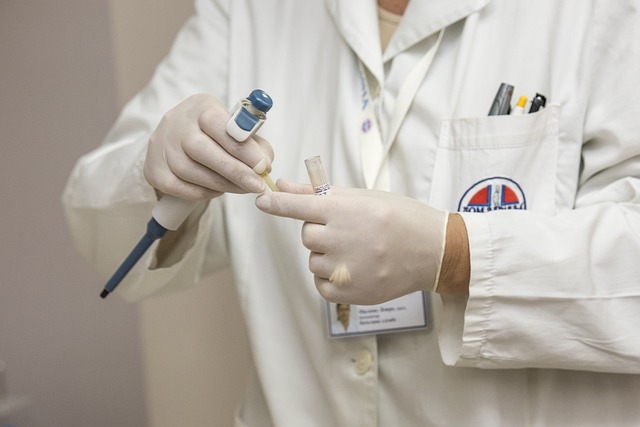AI and the Future of Primary Care Documentation
silverexch, goldenexch. bet, betbook247:As technology continues to advance and reshape various industries, healthcare is no exception. In recent years, artificial intelligence (AI) has made significant strides in revolutionizing the way healthcare is delivered and managed. One area where AI is proving to be particularly impactful is in primary care documentation.
Gone are the days when primary care providers had to spend hours manually inputting patient information into electronic health records (EHRs). With the help of AI-powered tools, primary care documentation is becoming more efficient and accurate than ever before. Let’s delve into how AI is transforming the future of primary care documentation.
The Rise of AI-Powered Documentation Tools
AI-powered documentation tools are designed to streamline the process of documenting patient encounters. These tools use natural language processing (NLP) and machine learning algorithms to automatically capture and organize relevant information from patient visits. By analyzing the conversation between the provider and the patient, AI can generate comprehensive notes that are tailored to each individual case.
One of the key benefits of AI-powered documentation tools is their ability to reduce the administrative burden on primary care providers. Instead of spending valuable time typing up notes, providers can focus on delivering quality care to their patients. This not only improves the efficiency of the practice but also reduces the risk of burnout among healthcare professionals.
Furthermore, AI-powered documentation tools can help improve the accuracy of medical records. By automatically flagging potential errors or inconsistencies in the documentation, AI can help ensure that patient information is up-to-date and reliable. This, in turn, can lead to better clinical decision-making and improved patient outcomes.
Challenges and Opportunities
While AI-powered documentation tools offer a host of benefits, they are not without challenges. One of the main concerns surrounding the use of AI in healthcare is data privacy and security. As AI tools rely on large amounts of patient data to function effectively, there is a risk of unauthorized access or data breaches. It is essential for healthcare organizations to implement robust security measures to safeguard patient information.
Another challenge is the potential for bias in AI algorithms. If not properly trained, AI-powered documentation tools may inadvertently perpetuate existing biases in healthcare. It is crucial for developers to address this issue by ensuring that the algorithms are trained on diverse and representative datasets.
Despite these challenges, the opportunities presented by AI in primary care documentation are vast. AI has the potential to revolutionize the way healthcare is delivered, making it more efficient, accurate, and patient-centered. By harnessing the power of AI, primary care providers can improve the quality of care they deliver while reducing their administrative burden.
The Future of Primary Care Documentation
As AI continues to evolve, the future of primary care documentation looks promising. AI-powered tools will become more sophisticated and intuitive, enabling providers to seamlessly document patient encounters with minimal effort. These tools will also integrate seamlessly with existing EHR systems, creating a seamless workflow for providers.
Moreover, AI-powered documentation tools will become increasingly personalized, adapting to the unique needs of each provider and practice. By analyzing patterns in documentation and patient data, AI can provide tailored recommendations and insights to help providers deliver more effective care.
In conclusion, AI is set to transform the future of primary care documentation. By leveraging the power of AI-powered tools, primary care providers can streamline their documentation processes, improve the accuracy of medical records, and enhance the quality of care they deliver to patients. While challenges exist, the opportunities presented by AI in healthcare are too great to ignore. The future of primary care documentation is AI-powered, and the possibilities are endless.
FAQs
Q: Are AI-powered documentation tools secure?
A: AI-powered documentation tools rely on sensitive patient data, so it is essential for healthcare organizations to implement robust security measures to protect patient information from unauthorized access or data breaches.
Q: Can AI algorithms be biased?
A: Yes, AI algorithms can be biased if not properly trained. Developers must ensure that AI algorithms are trained on diverse and representative datasets to mitigate the risk of perpetuating existing biases in healthcare.
Q: How will AI impact the future of primary care documentation?
A: AI-powered documentation tools will revolutionize the way primary care providers document patient encounters, making the process more efficient, accurate, and personalized. By leveraging AI, providers can improve the quality of care they deliver while reducing their administrative burden.







